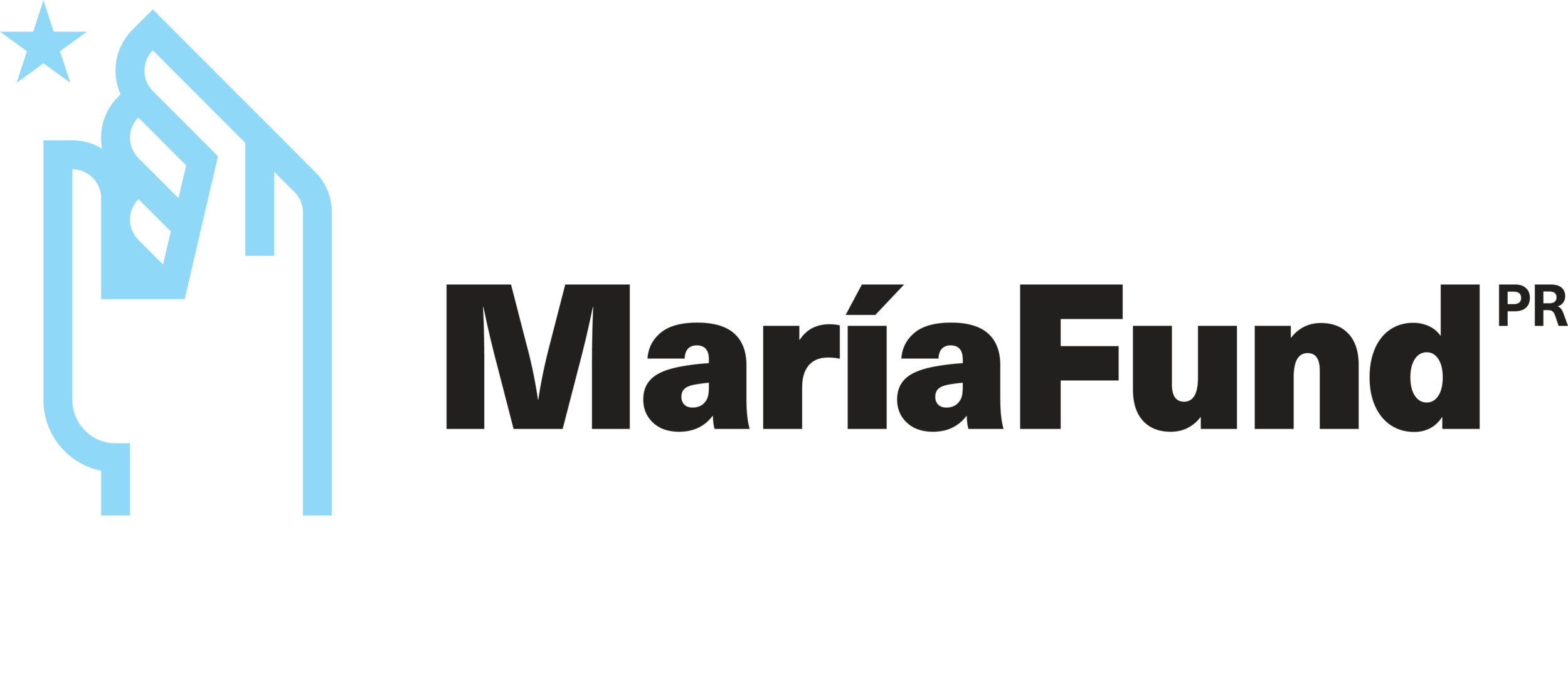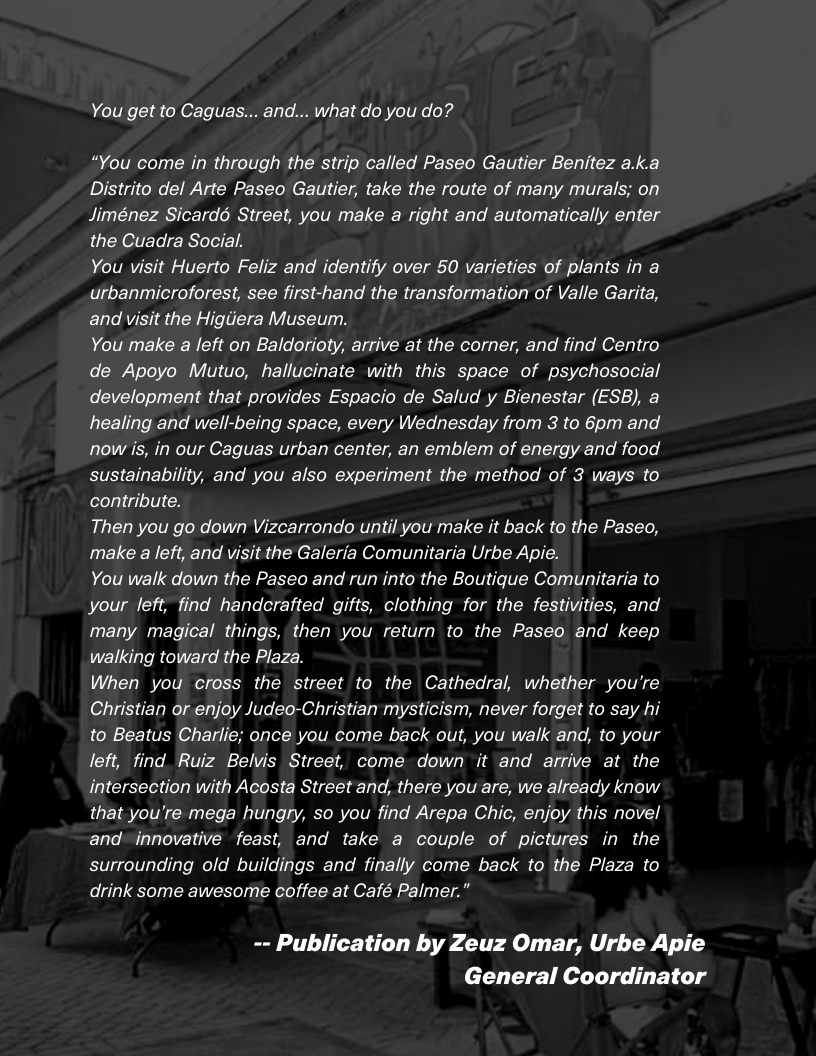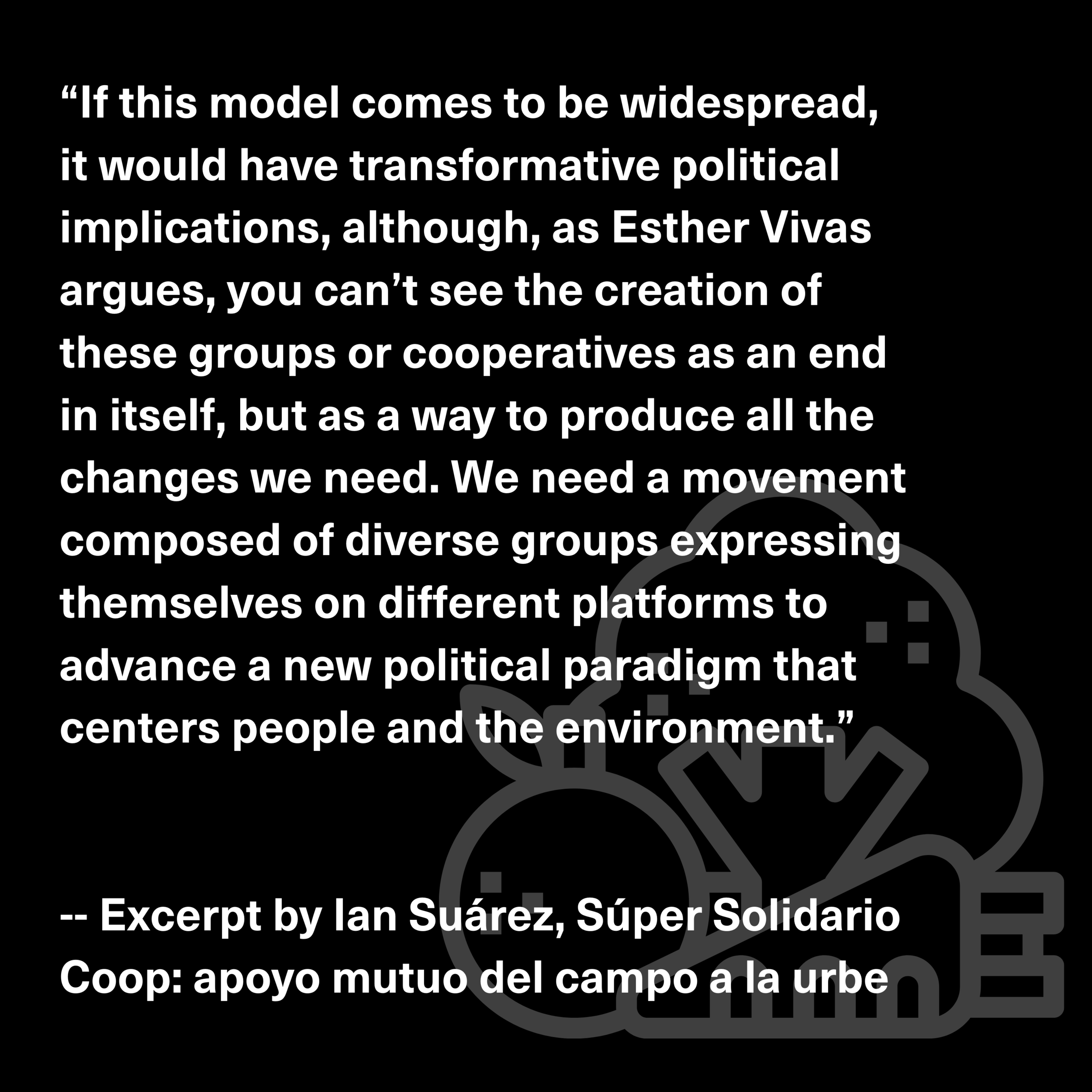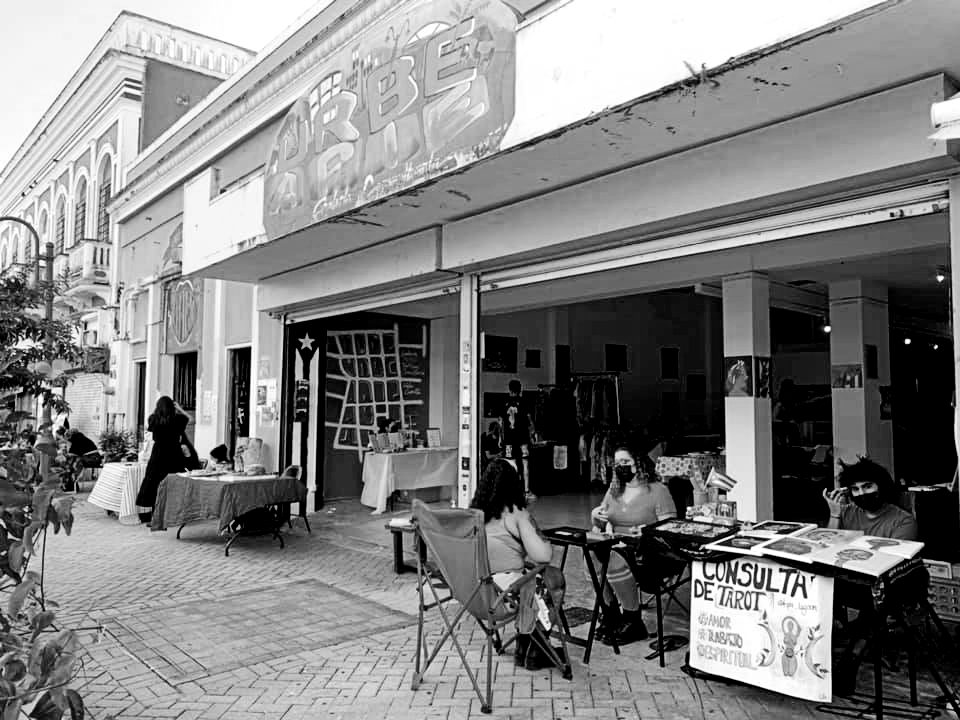REDES: Solidarity as Food and the Power of Community Self-Determination
The cultural and socioeconomic ecosystem that is gestated from the Social Block in Caguas.
November 12, 2021
This is more than a tour of downtown Caguas. It is an invitation to the cultural and socioeconomic system being created from the Cuadra Social (Social City Block). In response to the lack of action and responsibility from city and state agencies, community groups and organizations in Caguas have assumed the sustainability, rehabilitation, occupation, lifting, and building of the path to a dignified life worth living for their communities.
Comedores Sociales
Comedores Sociales de Puerto Rico was created to tend to the lack of food and essential goods experienced by University of Puerto Rico (UPR) students. However, this crisis encompasses much more than that. So Comedores Sociales has adapted their efforts and initiatives to the austerity that impacts those who live in our archipielago, an austerity caused by the government’s negligence and poor administration of the People’s goods and services.
Since 2013, Comedores Sociales works to eradicate hunger through strategies of collective work and resource socialization that advance grassroots interests.
In 2014, 30 meals one day a week became 130 meals two days a week. In 2016, Comedores Sociales distributed meals three days a week (300 weekly plates of food). In 2017, they promoted the second food table in UPR-Río Piedras Campus and were able to extend services at the university for a few months.
After Hurricane María, the need to create the Centro de Apoyo Mutuo in Caguas emerged. This would be a more comprehensive project of mutual aid or mutual support, not paternalist or limited to services, but rather one that integrated those who received support. In six months, more than 100 meals were distributed, and a living dynamic was built, which continues to this day.
Compras Solidarias
Compras Solidarias (Solidary Groceries) began last year, amidst the social crisis produced by the government’s poor handling of the COVID-19 pandemic. Comedores Sociales organized supply networks with leaders of their neighborhoods and sectors that mobilized to care for their neighbors through the Compras Solidarias project, from April to September 2020. They distributed more than 10,000 bags of groceries to more than 26,000 folks.
In addition, they reactivated the health and well-being clinics with COVID protocols, contributing to the emotional and physical health of communities that have been affected by lock-down isolation and abandonment. To this day, 200 people have used these clinics.
They also began building Súper Solidario Coop to turn Compras Solidarias into a long-term sustainable project. This food cooperative provides healthy and locally-grown food at affordable prices. Súper Solidario is a cooperative being formed as a place where consumers get together to meet a common need: combating hunger and food insecurity. It was born as a continuation of Compras Solidarias. Beyond responding in times of emergencies, the management group plans for the cooperative to be a permanent project to eradicate hunger.
They are inspired by self-managed consumer groups powerfully developed in Spain, though they exist all over the world on a greater or lesser scale. These groups are formed by folks in search of a model for alternative consumption, tailored to their out-of-pocket purchasing power, collectively organized with a transformative purpose, based on social and environmental criteria. They include the farmers (producers) themselves in the same group, because the tighter the relationship between both sectors, the better the planning process. In Puerto Rico, there are direct encounters, like goods basket systems: farmers who supply food to consumers on a weekly or monthly basis. Examples of these are Apoyo Mutuo Campesino and Josco Bravo’s Canasta Básica.
Participating in Súper Solidario Coop and other initiatives of direct relationships between farmers and consumers is an opportunity to consume while also advancing a socio-political transformation and opposing a capitalist model of production and distribution. In essence, it is a form of anticapitalist acquisition.
Urbe Apie
Urbe Apie is a nonprofit grassroots community organization that has transformed Caguas urban center’s community and economy.
It was created in 2015 by neighbors of the Barrio Pueblo community in Caguas. In conversations and shared spaces, they identified two main issues in the area: a high number of abandoned buildings and a limited number of spaces to meet for the community’s socio-economic development.
Urbe Apie believes in community self-determination, with the purpose of providing services and spaces for the personal and work development of every community member through projects such as the community Boutique and Art Gallery, Hermanxs de la Calle, the community garden Huerto Feliz, the theater café El Reflejo, Valle Garita, and the community newspaper Urbe Avoz, among others.
This year, they inaugurated the Higüera Museum in Valle Garita, a building that was rescued for the Cuadra Social. They celebrated the second Festival de Murales: Despierta Verano (Mural Festival: Summer Awakens), impacting more than 10,000 people this year, through community art of liberation on topics such as gender, sexuality, race, community, and identity in public spaces.
At the same time, they run a harm reduction project called Hermanxs de la Calle, providing condoms, naloxone to prevent overdoses, needle exchange, snacks, clothing, and hygiene supplies, among many other things, to homeless folks, sex workers, and drug users.
They also give workshops on the rights to housing and the city. The work they did in 2020-2021 built mechanisms that strengthen community work.
The fight for a dignified life continues!
LEARN MORE ABOUT OUR SERIES OF STORIES
REDES: BUILDING POWER TOGETHER
At María Fund, we are clear that we must undo centuries of scarcity, control, violence, and trauma caused by colonialism that have displaced us generation after generation. In the last two decades, in particular, we have faced consecutive tides of political, social, and economic displacement that seek to strip us of even more power, self-determination, and justice. The public debt, PROMESA, the Fiscal Control Board, and Hurricane María, marked a before and after for many. Austerity in the form of layoffs, budget cuts, and privatizations has forced thousands of people to leave and the precariousness of those who remain. Gender-based violence is a growing pandemic that disproportionately affects women and LGBTQIAPNB+ folks.
Four years ago, a climate emergency accelerated and revealed this political crisis more quickly. We know that the disaster is still political... but we believe that it is possible to build together a future of a dignified life for all.
We support REDES (networks) and connect to co-build, heal, and move towards a Puerto Rico where we are able to have interdependent relationships with one other and with the rest of the world.
REDES is a series of stories about the victories, achievements, and impact of the organizations allied to María Fund during 2021 and the past years. Our goal is to be more visible, to be bigger, to be stronger. Our goal is that by seeing how our stories connect, we can also see how we win more when we come together and fly together. Our goal is for our stories to be one: a story of national and collective liberation.








